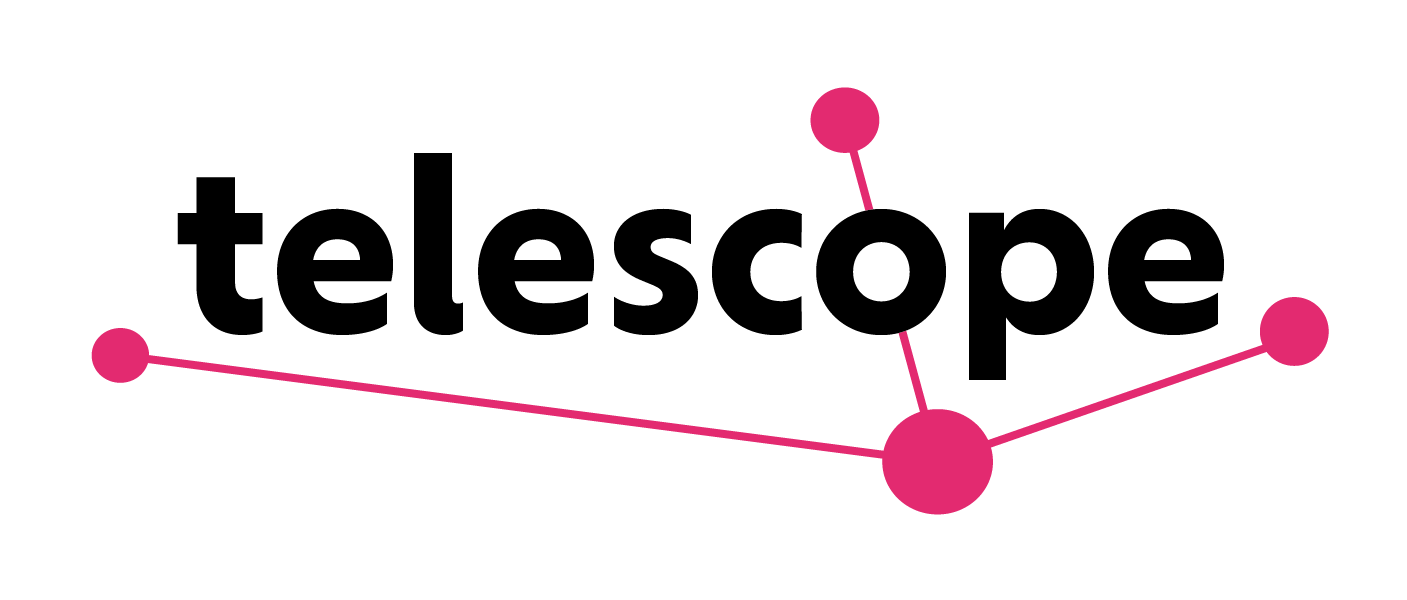Case Study: Connect Programme
Generating ideas to solve the complex issue of homelessness
“I like the empathetic approach a lot. I’m learning and improving my ability to be empathetic and give people space. Since starting this programme, I’ve become better at that.”
The problem
With an unprecedented sense of urgency, nearly 15,000 vulnerable people in the UK were supported into emergency accommodation in the early days of lockdown. This was a brilliant and widely-welcomed move. But hotels alone won’t solve this challenge.
Like many social issues, homelessness can be described as a ‘wicked problem’ - one that has so many complex, interlinked contributing factors that there is no one simple solution. As we look to the future, we believe that a collaborative and interdisciplinary approach, one that values real people’s lived experiences and voices, is needed to make real and lasting change.
Our solution
At the start of the Covid-19 pandemic, we pivoted Telescope’s usual activities online. We brought together twelve people with deep expertise across the homelessness system - from central government policymakers in the Ministry of Housing, Communities and Local Government, to people with lived experience of homelessness, local MPs and frontline charity workers at homeless shelters.
The group undertook a 6-session virtual learning journey designed around three stages: building empathy, sharing insights, and generating ideas. They built empathy and understanding through active listening exercises, learning about the differences in each others’ experiences but also the commonalities in their goals. They used tools like journey mapping to identify key pain points in the experience of someone experiencing homelessness. And they used creative ideation frameworks, including “How Might We” and planning canvases, to generate exciting ideas to prototype.
Outcomes
Among the ideas our group generated were two stand-outs - a “navigator” role who could support people experiencing homelessness through the complexities of public services, and a new pilot of Housing First in Lewisham. Tasia, a programme participant, is working hard to keep the Housing First pilot progressing through the Lewisham local government approval process, and has had conversations with several other local authorities. 9 out of 12 in the group learned new insights in the sector, and the same number made new connections they would not have made otherwise.

